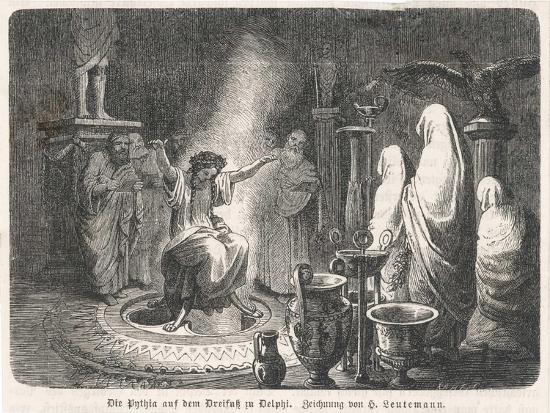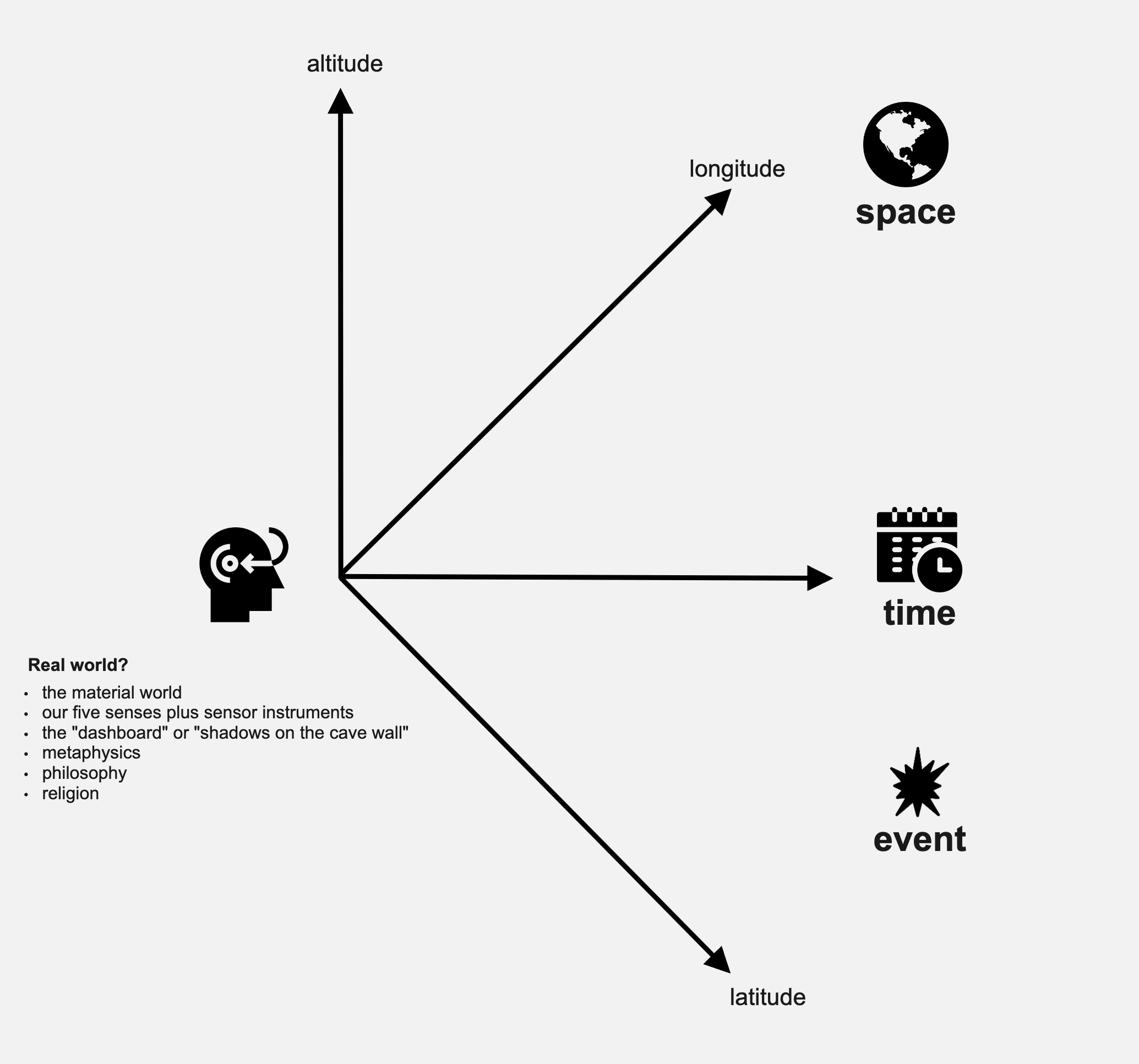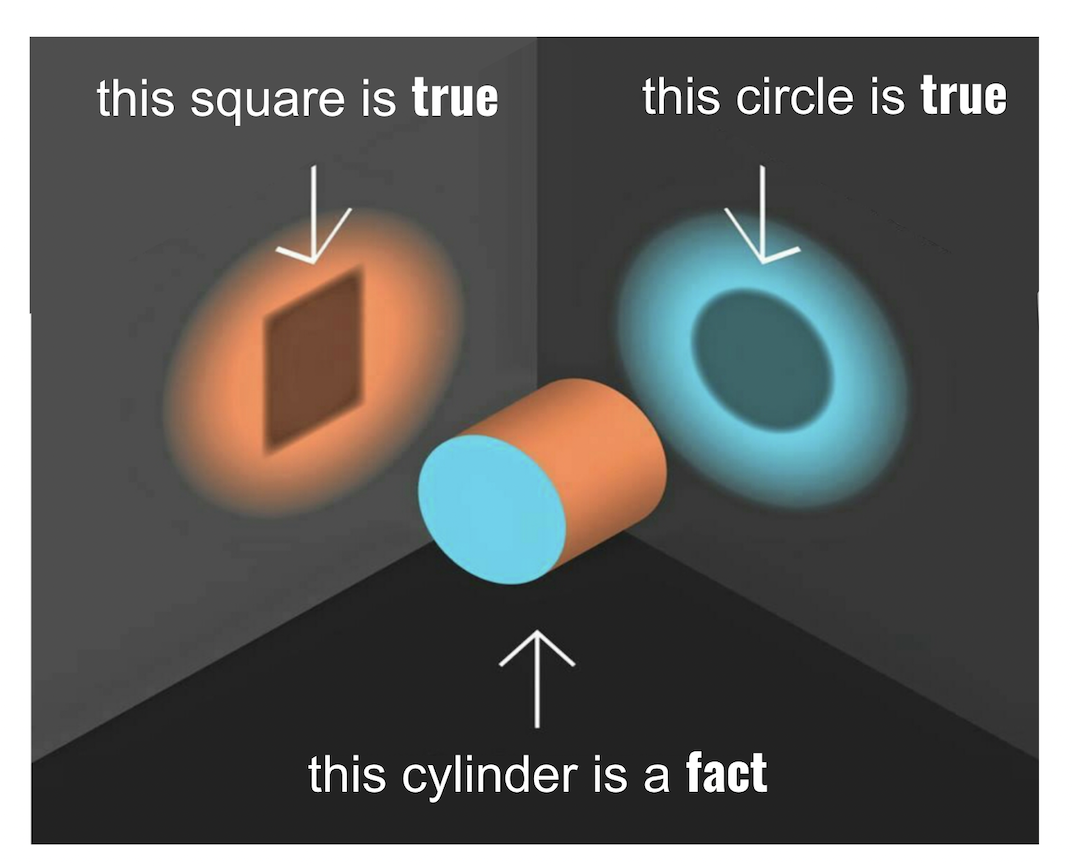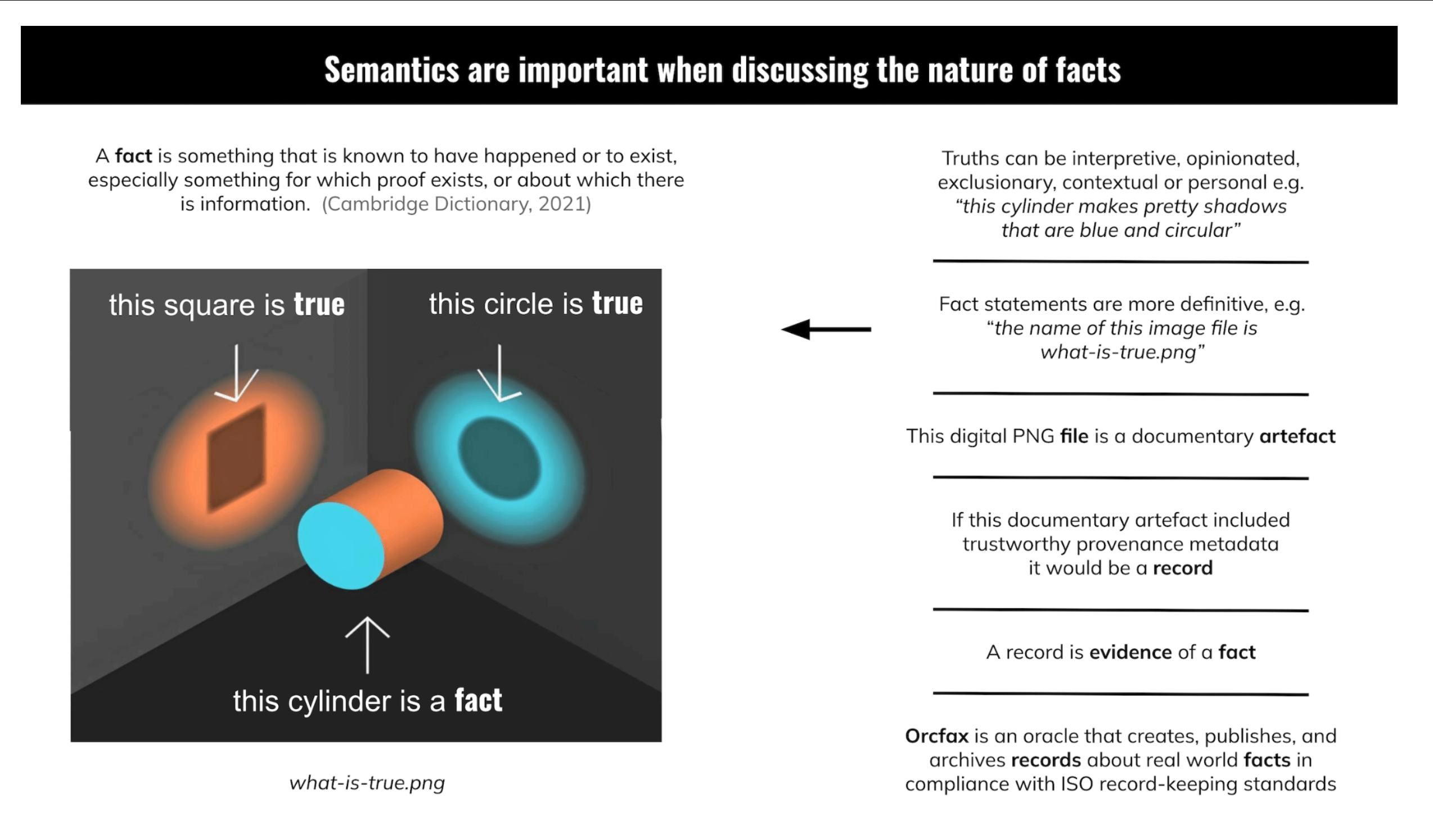What is a blockchain oracle?
The name "oracle" is derived from people in the ancient world who delivered messages and knowledge from the gods to the mortals. Blockchain oracles such as Orcfax, Chainlink, Charli3, etc. are the technical component in blockchain architectures which deliver data about the real world on-chain for consumption by smart contracts. These are not to be confused by the database software manufacturer named "Oracle Corporation".

Software oracles process information from online sources such as website content and open datasets but mostly from server-based application programming interfaces (API). These are the most common types of oracles and are used by algorithmic stablecoins or automated market maker (AMM) exchanges to monitor for changes in currency exchange rates.
See this article for some further information about oracles and their role in blockchain networks .
What is a smart contract?
Smart contracts are software programs that execute conditional logic on next-generation blockchains like Cardano (e.g. when event X happens, trigger action Y). Because their source code is immutably stored and run on decentralized blockchain networks, they constrain the range of permissible user actions and their effects.
This means that they can reasonably be expected to have the same outcome each time they are triggered. It is for this reason that smart contracts are often referred to as having "trustless" qualities. The term "trustless" is a popular word to characterize blockchain technology because its cryptographic proofs and distributed consensus algorithms ensure that its shared data is authentic, accurate, and secure without reliance on a trusted third-party to verify the information.
Smart contracts are the key enabler for the explosion of the trillion-dollar DeFi industry. What most people don't realize however, is that the vast majority of smart contracts are critically dependent on off-chain data provided by a very small group of oracle service providers.
This is because almost all smart contracts need reliable real-world facts to serve as inputs to their application logic. This data must be "trustworthy" because the execution of smart contract logic can have significant economic and social consequences. Especially considering that the consequences of a blockchain transaction are irreversible by their very design.
- A change in the Bitcoin to ADA price may trigger a limit order in a DeFi smart contract.
- The final score in a sports event may trigger a payout in a betting dApp smart contract.
- An extreme weather event may trigger a payout for a crop insurance smart contract.
- The words spoken in a political speech and authenticated via blockchain notarization may trigger policy changes.
What is the oracle problem?
The blockchain industry uses the "oracle problem" to refer to the various issues related to ensuring that on-chain smart contracts can trust real world data inputs to be authentic and accurate.
The DeFi industry is critically dependent on real-world data provided by oracles. However, oracle engineering is still in an early stage. There are still many opportunities to introduce false data about real-world events into oracle data collection, validation and publication pipelines.
This is a very lucrative attack vector for bad actors as introducing false oracle data can trigger large financial payouts from smart contract scripts. Unfortunately, there are significant challenges to preventing a so-called "man-in-the-middle" attack and proving that external real-world data introduced to smart contracts can be trusted to be authentic and accurate.
Most oracle providers provide little to no traceability on how their published, on-chain data is collected and validated to be authentic and accurate. Their users simply see a data point appear on chain. The context of creation and use is provided by the on-chain transaction, not the oracle datum itself.
Most leading oracle platforms are beginning to implement some form of decentralized oracle pools as another technique to address the oracle problem. In its purest form, a decentralized oracle pool uses distributed networking and computation nodes to achieve consensus on the authenticity and accuracy of source data before it is published on-chain.
Unfortunately, most current implementations do not go this far. Instead they often receive data from a single, black box provider. They then might use an oracle pool to arrive at a consensus about the uniformity of that data and not necessarily about its authenticity or accuracy.
Orcfax has been, and continues to be, intentionally designed to addresses the multiple layers of the oracle problem and to do so in a more comprehensive way than eny other oracle service.
What is the real world?
As a research-driven project, Orcfax adopts symbol grounding from cognitive science along with space-time perspective from physics to first define the components of the real world and then map these to the applicable standards that best describe them.
Space-time is a conceptual model at the root of the Theory of Relativity that combines three dimensions of space with one dimension of time. Anything that happens within this four-dimensional grid is called an event. Reporting on events is what oracles do.

What is a fact?
A fact is something that is known to have happened or to exist, especially something for which proof exists, or about which there is information. (Cambridge Dictionary, 2021)
Truths can be interpretive, opinionated, exclusionary, contextual or personal (e.g. "this cylinder makes pretty shadows that are blue and circular").

Fact statements are more definitive (e.g."the name of this image file is what-is-true.png"). Orcfax publishes Fact Statements about the real world to the Cardano blockchain.
